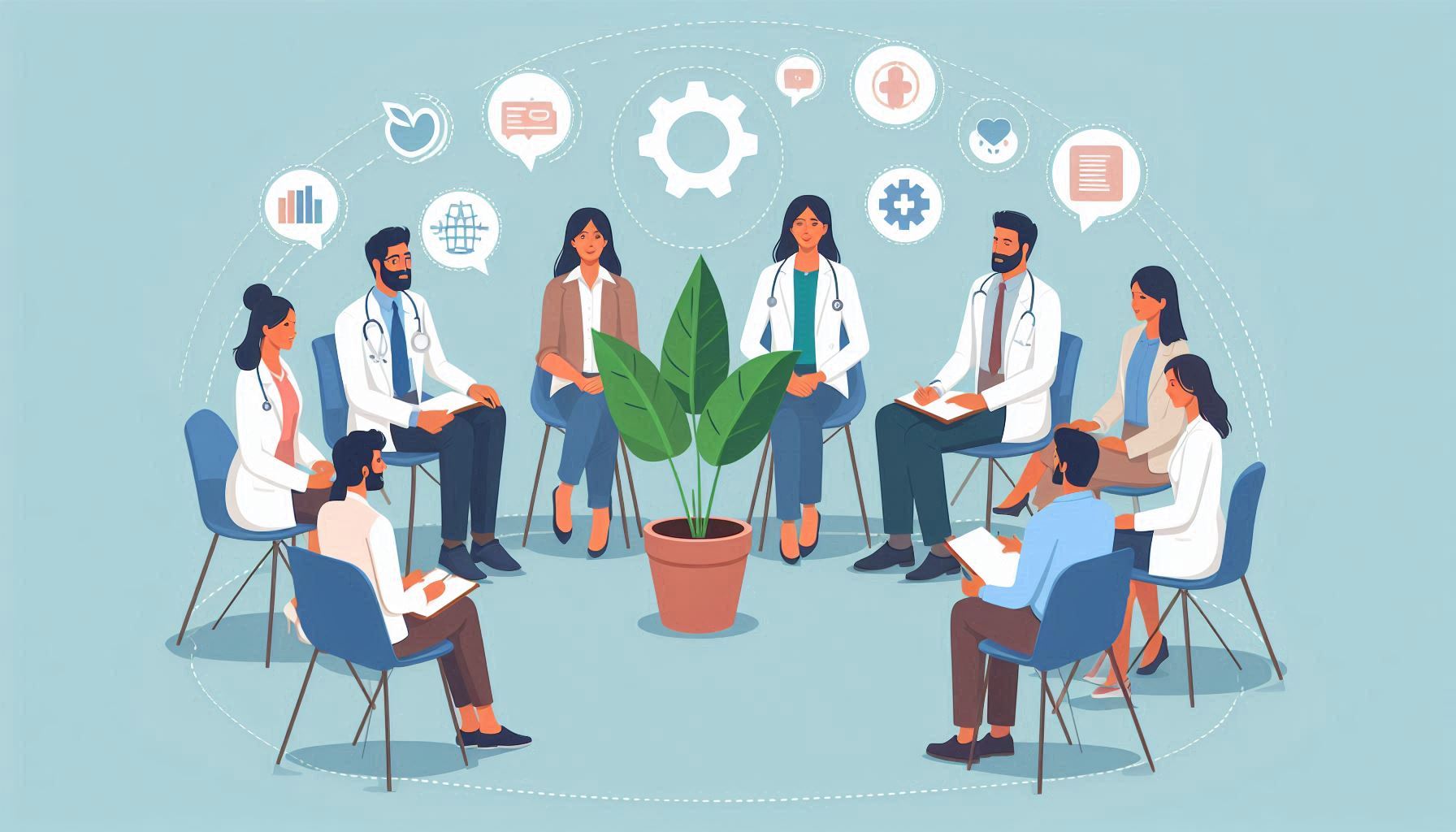
In today’s fast-paced and highly interconnected world, fostering and maintaining professional relationships has become more critical than ever. Whether we operate in traditional office environments, remote teams, or a hybrid model, the dynamics of our workplace interactions significantly influence our professional success, mental well-being, and career progression. This post aims to provide an in-depth exploration of strategies to cultivate and sustain professional relationships effectively.
The Importance of Professional Relationships
Before delving into the strategies for maintaining these relationships, it is essential to understand why they matter. Professional relationships are not merely transactional; they are built on trust, mutual respect, and shared goals. Strong professional networks can lead to various benefits, including:
Career Advancement: Professional relationships can facilitate job opportunities, mentorships, and access to insider knowledge about your industry.
Support and Collaboration: Having a reliable professional network can provide support during challenging times, whether through advice, shared resources, or emotional support.
Knowledge Sharing: Good relationships can enhance knowledge exchange, leading to personal and professional development.
Enhanced Reputation: Maintaining positive associations with colleagues and industry peers can improve your professional reputation and open doors for new collaborations.
Emotional Intelligence Development: Interacting effectively with others fosters emotional intelligence, which is essential for career success and personal fulfillment.
Given these advantages, prioritizing the cultivation and maintenance of professional relationships is a savvy investment in your career.
Key Strategies for Maintaining Professional Relationships
1. Effective Communication
At the heart of every strong professional relationship is effective communication. This extends beyond mere exchanges of information; it encompasses active listening, clarity, and empathy. To enhance your communication:
Practice Active Listening: Make a conscious effort to understand what others are saying, rather than just waiting for your turn to speak. Sometimes, rephrasing their points can demonstrate your engagement and understanding.
Be Clear and Concise: Avoid jargon and overly complex language when sharing ideas or concerns. Clear communication helps prevent misunderstandings and fosters trust.
Utilize Multiple Channels: In an increasingly digital world, be flexible in your communication methods. Use emails for formal communication, instant messaging for quick check-ins, and video calls for in-depth discussions.
2. Show Appreciation and Recognition
Do not underestimate the power of gratitude. Acknowledging the contributions of others in a professional setting goes a long way toward building goodwill and reinforcing relationships.
Give Credit Where It’s Due: When working on projects, openly recognize the efforts of your colleagues. This could be as simple as a shout-out in a meeting or a personalized thank-you note.
Celebrate Achievements: Whether it’s professional milestones or personal achievements, celebrating them fosters a supportive environment.
3. Build a Strong Network
Expanding your professional network is crucial. Networking is not merely about collecting contacts; it’s about nurturing relationships that can bring value to both parties.
Attend Industry Events: Whether in-person or virtual, industry conferences, seminars, and workshops are excellent opportunities to meet new people.
Leverage Social Media: Platforms like LinkedIn provide unique opportunities to connect with industry professionals. Engage with their content, share your insights, and participate in discussions to build rapport.
4. Maintain Consistency
Consistency in your interactions helps solidify professional relationships. Regular engagement, whether through emails, phone calls, or casual meetings, signifies your commitment to the relationship.
Schedule Check-Ins: Set reminders to check in with colleagues or contacts periodically, even if it’s just to say hello or share an interesting article related to your industry.
Keep in Touch During Downtimes: Don’t wait for opportunities to arise before reconnecting with others. A simple message expressing your thoughts or asking about their well-being can keep the relationship vibrant.
5. Be Mindful of Professional Boundaries
While it’s essential to foster close relationships, it’s equally crucial to respect the boundaries of your professional acquaintances. Everyone has different comfort levels regarding personal and professional life, and being respectful of these boundaries can prevent misunderstandings.
Gauge Comfort Levels: Pay attention to your colleagues’ cues. If someone prefers to keep conversations strictly professional, respect their desires.
Establish Your Own Boundaries: Communicate your limits clearly. This will not only set the tone for how others interact with you but also promote a culture of mutual respect.
6. Be Responsive and Reliable
Responsiveness is a vital component of professional credibility. When colleagues know they can rely on you, it strengthens the relationship.
Respond Promptly: Aim to reply to emails and messages in a timely manner, even if it’s just to acknowledge receipt and provide an estimated time for a more detailed response.
Follow Through on Commitments: If you promise to deliver a report or assist with a project, follow through. Fulfilling your commitments solidifies your reputation as a reliable colleague.
7. Leverage Mentorship Opportunities
Mentorship is a valuable tool for maintaining professional relationships on both ends. By either seeking a mentor or becoming one, you can foster deeper connections.
Seek Mentorship: Look for experienced professionals who can guide you in your career. This relationship often leads to learning opportunities and expands your network.
Offer Mentorship: If you are in a position to mentor others, take the time to do so. This not only enhances your leadership skills but also nurtures upcoming talent in your field.
8. Adapt to Changing Circumstances
The business landscape is continually evolving, and so are professional relationships. Being adaptable and open to change is fundamental in this dynamic environment.
Embrace Technology: Whether it’s virtual meetings or collaborative tools, adapting to new technologies can enhance communication and collaboration with your professional network.
Be Open to New Connections: As industries evolve, new players will enter the market. Staying open to building relationships with diverse individuals can benefit your career and provide fresh perspectives.
